
The charcoal canister is responsible for controlling the emission of fumes and vapour leaks from your vehicle’s fuel system. Many people don’t realise that the boiling point of petrol is comparatively low, and it is in a semi-gaseous state at room temperatures, which makes its fumes quite explosive.
Petrol evaporates even when your car’s engine is not running. The charcoal cannister significantly reduces the emissions that can escape from the system.
Over the years the canister may fail or become faulty – and whilst this is quite uncommon, these are some of the tell-tale signs that the part is not working properly and could be on its way out…
Increased Exhaust Emissions
It is now standard practice for cars to have their emissions tested during an MOT inspection. Because charcoal canisters help eliminate the release of toxic carbon derivatives from the engine, if this part is not functioning as it should be, then there will likely be a much higher concentration of these derivatives from the exhaust.
Whilst it is unlikely that you would take a car for an unprompted emissions test, you may find yourself being tested during a roadside check or due to your MOT. If you fail either test, then you’ll need to replace the canister before the car is deemed roadworthy once again.
The Smell or Odour of Petrol
A strong smell of petrol all around your car could be a giveaway of a split charcoal canister. Fuel vapours stored in the body of the part could be released due to damage. Fumes can even accumulate inside the driver’s cabin, causing headaches, dizziness, confusion, or in the worst-case scenario – even loss of consciousness.
The scent of petrol inside the cabin of a vehicle is never a good sign. Get it checked out by a proper mechanic immediately.
Check Engine Light
A faulty charcoal canister is one of the hundreds of reasons the check engine light could illuminate. Because the canister needs to provide vapours back into the engine via the purge valve, if this is not happening, then the ECU will detect there is a problem in the engine.
Unfortunately, you’ll need to take the car to a mechanic to find out the cause behind the check engine light illuminating, as they will be able to diagnose the actual issue from the trouble code.
However, if this symptom is accompanied by other issues on this list, then it could mean you’re looking at a faulty canister.
Pinging Sounds
Failure of the charcoal canister to correctly dispose the carbon emissions could impact the air fuel mixture, causing it to combust too soon. If this is the case, you’ll hear pinging and knocking sounds coming from the engine.
These noises coming from the engine alone are not enough to diagnose a faulty canister (as a bad EGR valve can cause similar sounds), but couple them up with a few more of the clues on this list and you may be able to narrow down your search.
Reduction in Performance
Have you noticed that your car is no longer performing to its optimal level? One of the most significant indicators of a busted charcoal cylinder is a failure for your car to develop sufficient power under acceleration, which again is due to the poor air fuel mixture.
If you start to notice the smell of petrol in the car as you depress your foot on the pedal, then this is a dead giveaway. Increased fuel consumption, trouble ascending hills, ramps, and inclines, starting issues and rough idles are other common issues that often accompany problems with the charcoal cylinder.
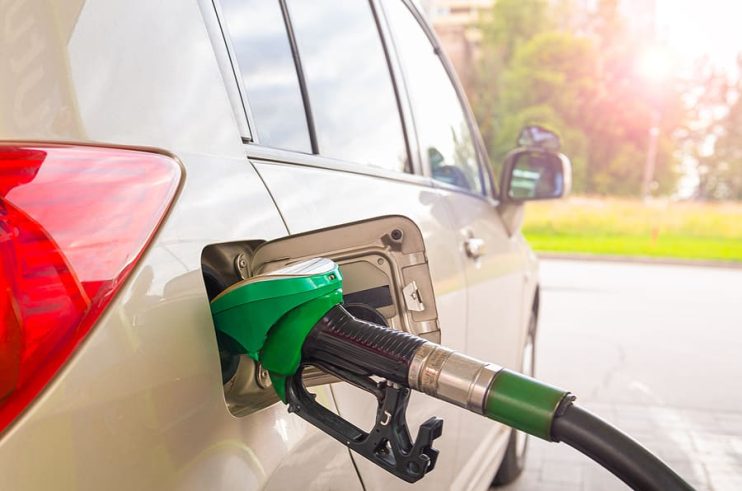
Issues at the Pumps
When you fill up your petrol tank, the fluid will displace the air and fumes already inside the tank – and these need to flow out through the charcoal canister. If this part is blocked then this will lead to the pressure increasing inside the tank – best case scenario is that the pump shuts down prematurely giving you the impression you have a full tank. In the worst case you could get fuel pouring out everywhere, except into the tank.
A hissing noise when filling the tank could alert you to this problem as the gasses escape the tank and if you’re noticing a lot more pressure than usual in your tank then you could be looking at a charcoal canister problem.
And finally
Whilst the chances that you might have to replace your charcoal canister are slim – it can and does happen and the more miles on your clock, the more likely you are to experience a fault or problem in the part.
Buying a new charcoal canister is unlikely to break the bank, and the replacement work can be performed quite easily by someone with a modicum of basic mechanical car knowledge, in around an hour’s time. Of course, if you are in any doubt as to how to perform this part replacement, then get down to your trusted mechanic or service centre and book in the work.

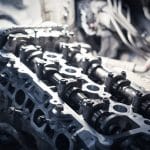
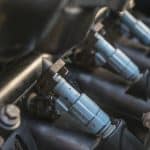
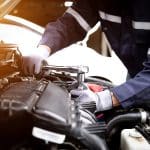
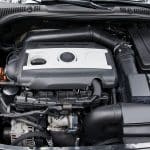
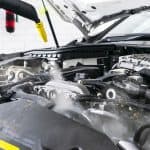
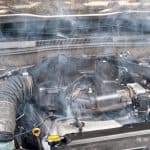
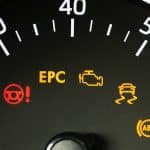
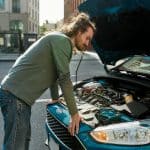
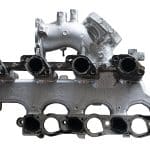
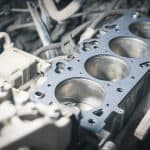
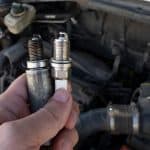
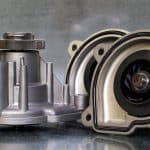
.png)